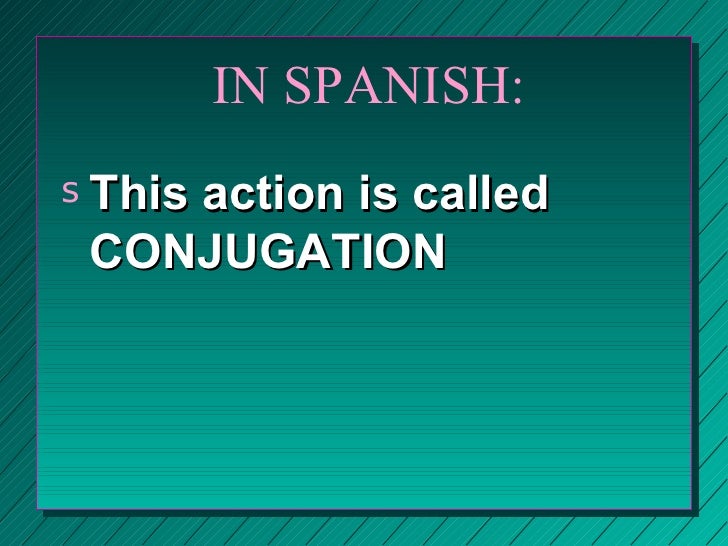

") The prisoners declare the full extent of their freedom by violently rejecting their champion. the whole of this famous adventure which has won you your longed-for freedom.

present yourselves to the Lady Dulcinea del Toboso. Because of this, they are ready to stone this liberator who hands them new laws to follow ("It is my will and desire," says Don Quixote, "That you. Gines de Passamonte and other prisoners liberated by the knight are equally disillusioned with the justice of society that has sentenced them. Don Quixote, of course, scorns such limitations and declares that knights-errant are not bound by such imperfect doctrines. The guards of the galley slaves, the troopers of the Holy Brotherhood, are able to see justice merely as it is given in the lawbooks of society. The general proposition can be expressed as follows: if a madman sees truth in its most extreme clarity and his bewildered assistant sees some truths and some illusions, then those individuals most attached to everyday experiences are capable only of seeing the greatest number of distortions. Cervantes, with olympian detachment and dynamic character development, considers the problem relatively.
TEMA IN SPANISH FREE
What matters is that he is indelibly set free in our imaginations and discovers for us a new quality about the human spirit.Ĭonnected integrally with the notion of quixotism, Cervantes explores the complexities of fact and fantasy, truth and lies, justice and injustice. Thus it does not matter whether Don Quixote is a burlesque of chivalry, or whether the hero is a madman or an actor. In expressing and developing the quixotic individual, Cervantes has discovered and defined another avenue of exaltation and self-expression of the human soul.

Only once does a book about Don Quixote have to appear, for then the glorious ability to quixotize becomes the common heritage for every person to enjoy and understand. Succeeding generations of readers, ungifted with imaginative powers and strength of will to be themselves quixotic, can read the biography of the valorous knight of La Mancha and, like Sancho Panza, partake of his visions and his fanaticism. Don Quixote, though he often triumphs over disillusions, must eventually face it, and die.Īlthough the gentle knight yearned for immortality through his deeds, he leaves us only his history to immortalize his life principle. It is the attempt to make a utopian vision a reality, but like all utopias, it is unacceptable in a world where absolute values cannot survive. Quixotism, then, is a will power defying materiality. This notion agrees with a psychological truism: if a man anticipates inferior performance from another, he will receive what he expects. Helping the knight to undress, assisting him at his meal, one can only conclude that his will power has transformed their outward identities to agree with the ideal image. The clarity of the quixotic vision is further exemplified when Don Quixote, instead of seeing two dowdy prostitutes, sees ladies of quality, who respond kindly to his courteous greetings. Don Quixote, for example, defies ubiquitous institutions so taken for granted that everyone thinks they are harmless windmills, though they may be threatening giants, inexorable machines destructive of the individual. Seeking only "truth" or "justice," the truly quixotic heroes have an internal vision so strong as to see through the illusion of external appearances. Against all the imposing odds of majority feeling strength of established institutions, belief in existing customs the quixotic heroes have pitted only the integrity of their faith and their will power. Teresa, Joan of Arc, Martin Luther, Moses, and, above all, Jesus of Nazareth have lived and suffered and conquered by their quixotic visions. Ignatius de Loyola, founder of the Jesuits, has a career as fanatic and visionary as the mission of Don Quixote. Many outstanding madmen in the world, trying to move lethargic populations to better themselves, have been isolated in history.

Often held up to ridicule, frequently destroyed, the quixotic individual has been responsible for many great deeds in history and, conversely, for many misdeeds, even as Cervantes shows Don Quixote being responsible for the sufferings of poor Andrew. Acts of rebellion or reform are always quixotic, for the reformer aims at undermining the existing institution in order to change it. Quixotism is the universal quality characteristic of any visionary action.


 0 kommentar(er)
0 kommentar(er)
